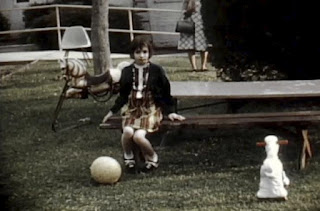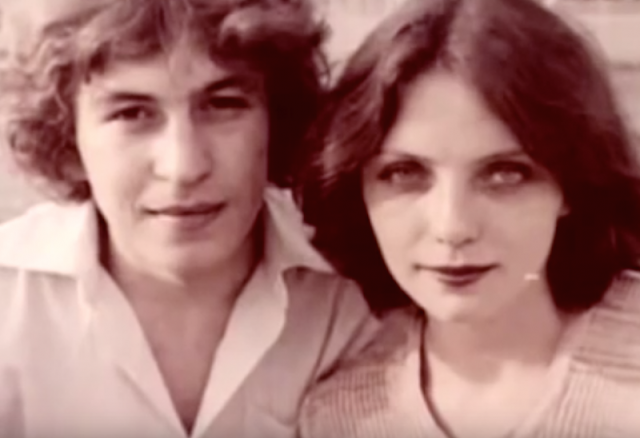Temperament matters
Especially when nuclear weapons are involved and you don’t—you can’t—know what the enemy is up to, and you’re scared. Then it helps (it helps a lot) to be calm.
The world owes an enormous debt to a quiet, steady Russian naval officer who probably saved my life. And yours. And everyone you know. Even those of you who weren’t yet born. I want to tell his story...
It’s October 1962, the height of the Cuban missile crisis, and there’s a Soviet submarine in the Caribbean that’s been spotted by the American Navy. President Kennedy has blockaded Cuba. No sea traffic is permitted through.
The sub is hiding in the ocean, and the Americans are dropping depth charges left and right of the hull. Inside, the sub is rocking, shaking with each new explosion.
What the Americans don’t know is that this sub has a tactical nuclear torpedo on board, available to launch, and that the Russian captain is asking himself,
“Shall I fire?”
The Russian in question, an exhausted, nervous submarine commander named Valentin Savitsky, decided to do it. He ordered the nuclear-tipped missile readied. His second in command approved the order. Moscow hadn’t communicated with its sub for days. Eleven U.S. Navy ships were nearby, all possible targets. The nuke on this missile had roughly the power of the bomb at Hiroshima.
Temperatures in the submarine had climbed above 100 degrees. The air-conditioning system was broken, and the ship couldn’t surface without being exposed. The captain felt doomed. Vadim Orlov, an intelligence officer who was there, remembers a particularly loud blast:
“The Americans hit us with something stronger than the grenades—apparently with a practice depth bomb,” he wrote later. “We thought, That’s it, the end.” And that’s when, he says, the Soviet captain shouted, “Maybe the war has already started up there … We’re gonna blast them now! We will die, but we will sink them all—we will not become the shame of the fleet.”
Had Savitsky launched his torpedo, had he vaporized a U.S. destroyer or aircraft carrier, the U.S. would probably have responded with nuclear-depth charges, it would have started a chain of inadvertent developments, which could have led to global catastrophie.
But it didn’t happen, because that’s when Vasili Alexandrovich Arkhipov steps into the story.
He was 34 at the time. Good looking, with a full head of hair and something like a spit curl dangling over his forehead. He was Savitsky’s equal, the flotilla commander responsible for three Russian subs on this secret mission to Cuba.
Each of the three Soviet submarine captains in the ocean around Cuba had the power to launch a nuclear torpedo if—and only if—he had the consent of all three senior officers on board. On his sub, Savitsky gave the order and got one supporting vote, but Arkhipov balked. He wouldn’t go along.
He argued that this was not an attack.
Arkhipov refused to sanction the launch of the weapon and calmed the captain down.
The torpedo was never fired.
President Kennedy had been very worried about the possibility of a clash between American warships and Soviet submarines in the Caribbean, and it is absolutely clear that his fears were justified.
Ultimately, it was luck as much as management that ensured that the missile crisis ended without the most dreadful consequences.
You (and Almost Everyone You Know) Owe Your Life to This Man - Vasili Arkhipov- maybe one of the quietest, most unsung heroes of modern times.



I want to read more abt this.... u are a great explainer man!
ReplyDeleteThx Buddy ♥️
Delete